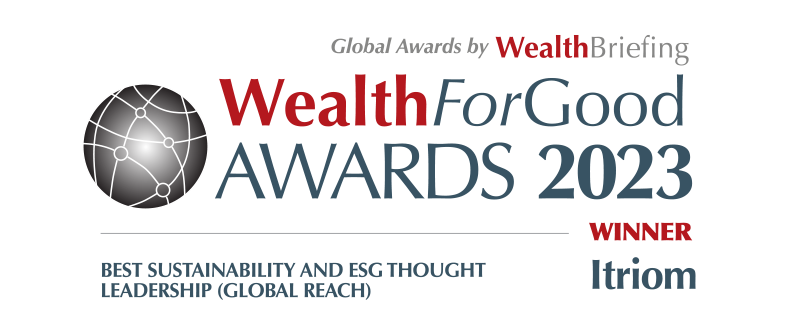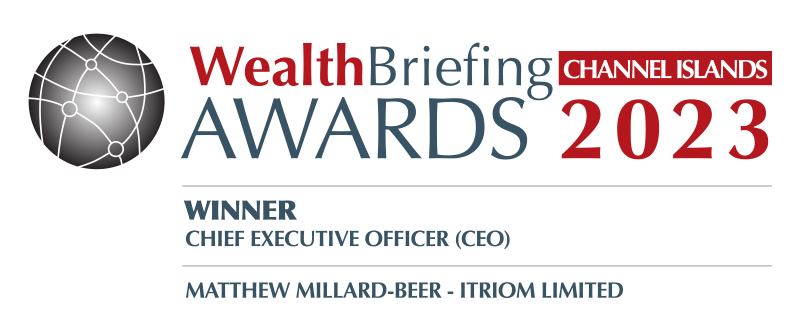This is so especially since family businesses are built on trust, loyalty and long-term goals. Without a firm foundation of intergenerational trust, succession risks unravelling family discords, which could jeopardise the very legacy families strive to preserve.
Trust can be understood as “a psychological state comprising the intention to accept vulnerability based upon positive expectations of the intentions or behaviour of another”. (Rousseau et al., 1998). In the UHNW family context, the intermingling of family and wealth indeed makes succession a complicated matter. Beyond financial gains, families have “socio-emotional” priorities like job security, social advancement for family members, family harmony, building reputation and cultivating social capital. In this environment, trust is paramount to the endurance of family business.
This article explores the key strategies for building and maintaining trust across generations for a smooth transition.
The real challenge lies in bridging the gap between different management philosophies and adapting to evolving times. The older generation needs to trust that the younger can effectively lead and preserve the business legacy, while the younger generation must trust that the older will eventually relinquish control and allow changes and innovation to take place. Yet, each generation uses different yardsticks to measure succession readiness, shaped by distinct generational experiences, making it difficult to build the mutual trust needed for a smooth transition.
Our research on family businesses undergoing succession, rooted in social exchange theory, revealed fascinating insights. Social exchange theory (SET) posits that human relationships are formed when people engage in interactions that are mutually beneficial, with such benefits being either tangible (e.g. money) or intangible (e.g. social approval). In a family business context, SET can guide our thinking on various dynamics that can help build trust:
Time and again, we’ve seen how families that actively work on trust-building fare better during transitions. Here are some key strategies that consistently contribute to fostering trust across generations:
As the saying goes, trust isn’t built overnight. It’s a continuous process that requires open communication, mutual respect, and a shared vision for the future. By focusing on building intergenerational trust, your family is not just planning for succession – you’re securing the long-term preservation of your family wealth.
For more information and personalised advice on multi-generational wealth management, visit itriom.com. Discover how our Family Office Wealth Management Platform empowers you to build a sustainable legacy your family can be proud of.
Matthew Millard-Beer is CEO & Founder, based in Itriom’s London Office.
Itriom is the global impact platform helping leading families shape a better world. Itriom’s platform enables families to refresh and redesign their values, aligns them with the right UN Sustainable Development Goals, combining them in an agreed purpose and a Family Impact Charter. Itriom’s platform supports the development of impact initiatives and whilst providing discrete and secure spaces for peer-to-peer messaging and collaboration. Itriom’s core practices in leadership, geostrategy, and sustainability benefit clients by developing strategies to engage and support the next generation in building a lasting legacy of which families can be proud.
Itriom’s leadership and resilience practice instils all-encompassing leadership in support of principals of leading families and the next generation preparing for family succession, transition and evolution.
© 2024 Itriom Limited. All rights reserved. Republication or redistribution of Itriom’s content, including by framing or similar means, is prohibited without the prior written consent of Itriom Limited. This material is provided for informational purposes only.




© 2024 Itriom Limited. Company Registration Number 134815 Jersey Financial Services Commission. Registered Office 9 Bond Street, St Helier, Jersey, JE2 3NP
ESG Consultant
Alizah is an ESG Consultant and researcher. She supports Itriom developing sustainability related products and services, helping our clients identify potential opportunities for creating positive environmental, social and sustainable impact.
ESG Analyst
Georgie is an ESG Analyst and researcher. She researches trends, develops insights and reports, and writes insight articles on sustainability and ESG related topics to ensure Itriom’s clients are up to date on the latest policy, progress and initiatives to inform the platform and help our clients maximise their positive impact.
Senior Partner
Practice Leader – Leadership & Resilience
Renowned family office thought leader, Tim works with UHNW families to ensure they are fully equipped to deliver their legacies inter-generationally and effectively.
Associate Partner
Practice Leader – Sustainability
Dr. Herb creates methodologies and frameworks for managing, measuring and assessing sustainability performance. His work identifies where maximum impact can be made.
Senior Partner
Practice Leader – Geostrategy
Simon harnesses research, liaison and networks globally to identify opportunities for Itriom, building the knowledge needed to deliver intergeneration legacies for UHNW families.
Managing Partner
Practice Leader – Strategy